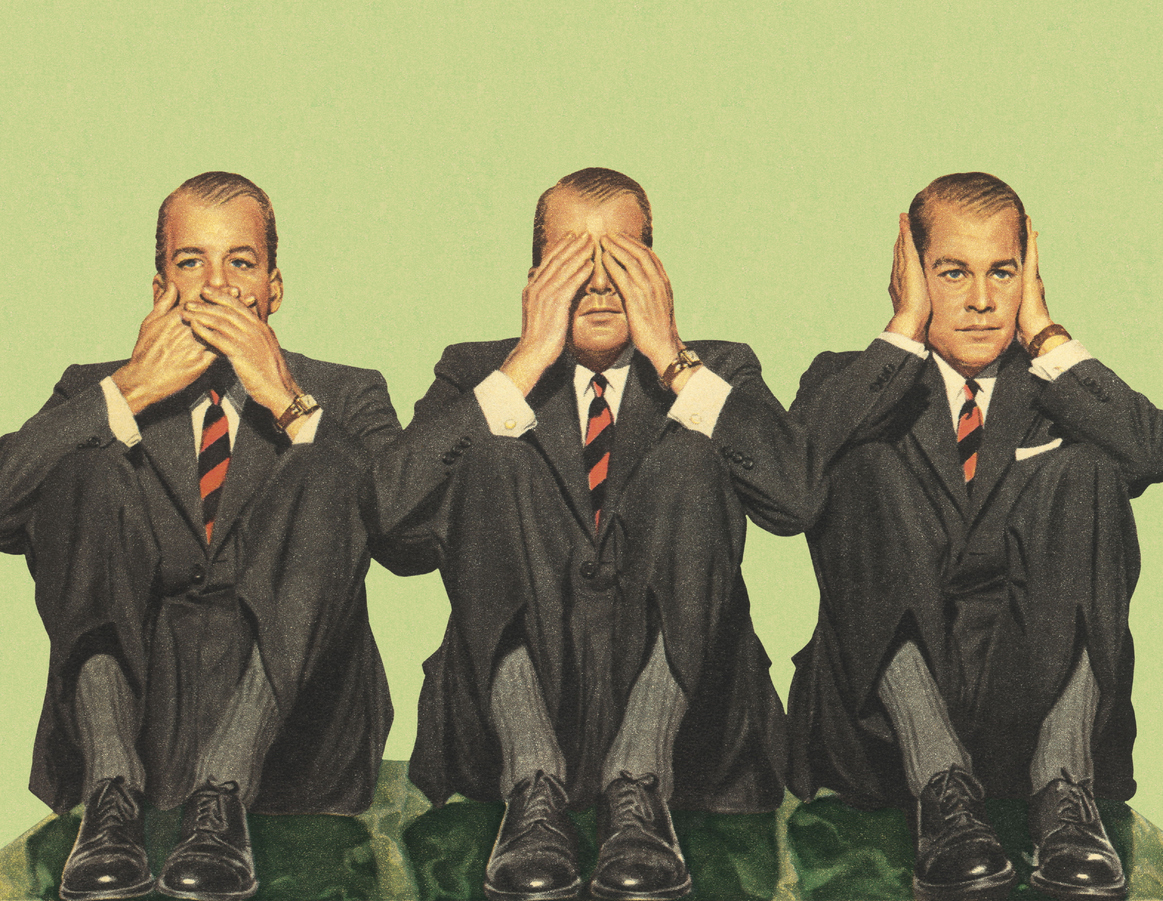The recent wild fires in Reno, Nevada, caused tragic losses of many homes and extensive loss to business property and business income. Commercial property policies with business interruption coverage vary widely with regard to coverage of business income loss due to order of civil authorities.
Some policies require direct physical damage to the property before business interruption coverage is covered. Generally, under these types of policies, where the order of civil authority (and not physical damage) causes the business interruption loss, coverage is not triggered.
Other polices require a “direct nexus” between the civil authority order and the suspension of the insured’s business. See Southern Hospitality, Inc. v. Zurich American Ins. Co., 393 F.3d 1137, 1141 (10th Cir. 2004),
The FAA’s order stopped airplanes from flying; it did not close hotels. Considering the policy as a whole, we agree with the district court’s conclusion that the policy was intended to cover losses from an order directly affecting the hotels, not one tangentially affecting them as here. As we see it, the policy requires a direct nexus between the civil authority order and the suspension of the insured’s business. That nexus is missing here. We hold that the civil authority provision does not apply because the FAA’s order grounding flights did not itself prevent, bar, or hinder access to Southern Hospitality’s hotels in a manner contemplated by the policies.
Other business interruption coverage depends on the specific language in the business interruption endorsement. The treatise, 11 Couch on Ins. § 167:15 provides the following guidance regarding actions of civil authorities absent physical damage to property:
. . . where civil disturbances led to a curfew resulting in a loss of income from food and beverage sales, the insured could not recover under the business interruption provisions of a policy because the access to its premises was not denied based upon damage to or destruction of the insured’s property.” Caesars Corp. v. Jefferson Ins. Co., 280 A.2d 305, 307-308 (D.C. 1971).
However, no physical damage to the insured’s property was required to trigger coverage where losses resulted from a curfew imposed after widespread riots, where the policy contained a provision stating that the policy “is extended to include the actual loss as covered hereunder, during the period of time, not exceeding 2 consecutive weeks, when as a direct result of the peril(s) insured against, access to the premises described is prohibited by order of civil authority,” and riots were a covered peril. Sloan v. Phoenix of Hartford Ins. Co., 207 N.W.2d 434, 436 (Mich. App. 1973).
Where a policy covered business interruption losses for up to two weeks if civil authorities denied access to the insured’s theaters because of damage to adjacent property, an insured could not recover losses it suffered as a result of its decision to close its theaters during a curfew imposed after the Rodney King riots. Access to the insured’s property was never specifically denied by civil authorities, the insured’s theaters and properties next door to and across the street from the theaters had not been damaged, and no property within two blocks of the insured’s theaters had been damaged or destroyed. Enterprises v. Home Ins. Co. of Indiana, No. 94-0756 FMS, 1995 WL 129229, at *1 (N.D. Cal. March 21, 1995).
If a policy provides for business interruption coverage where access to an insured’s property is denied by order of civil authority, access to the property must actually be specifically prohibited by civil order, not just made more difficult or less desirable. Development, Inc. v. United Fire & Cas. Co, No. Civ. 04-5116, 2006 WL 694991, at *6 (D.S.D. March 14, 2006) (finding that road closures near property made access to the insured’s property more difficult but did not equal a denial of access as per the terms of the policy).
Another consideration is whether the insured has an insurable interest in other property and the policy includes other property within the definition of covered property. See Abbey Co., LLC v. Lexington Ins. Co., 289 F. Appx 161, 163 (9th Cir. 2008) (damage from debris collecting in canal after storms triggered coverage; the definition of insurable property contained in the underwriting agreement included “the interest of the Insured in all real and personal property including but not limited to property owned, used, leased or intended for use by the Insured.”)
Policyholders, public adjusters and lawyers dealing with the recent wildfires and business interruption claims must closely examine the policy language regarding the property covered and the business interruption language regarding civil authority. The insured may have coverage for losses due to civil authority order– even where property was not physically damaged by the fires.



